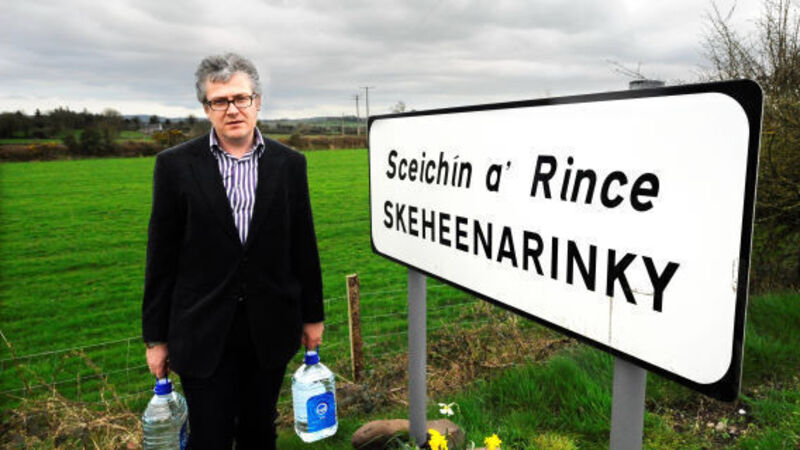Undrinkable water for the last 14 years - but we still have to pay water charges

It was an exciting time for Margaret and Sean Landers. Embarking on a new phase of their lives in 1999, they moved to a new home in Skeheenarinky, Co Tipperary.
However, the happy couple were unaware their lives and the lives of their children would be badly affected — and still is — for the next 14 years.











